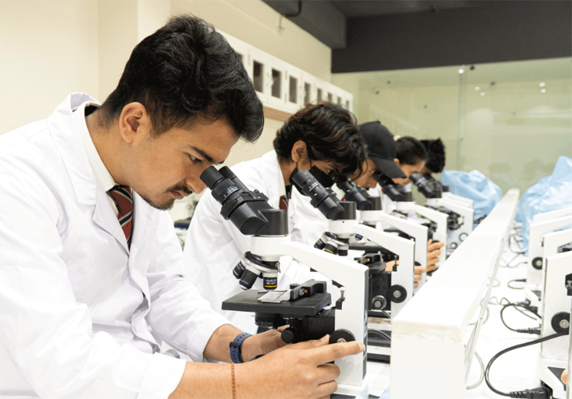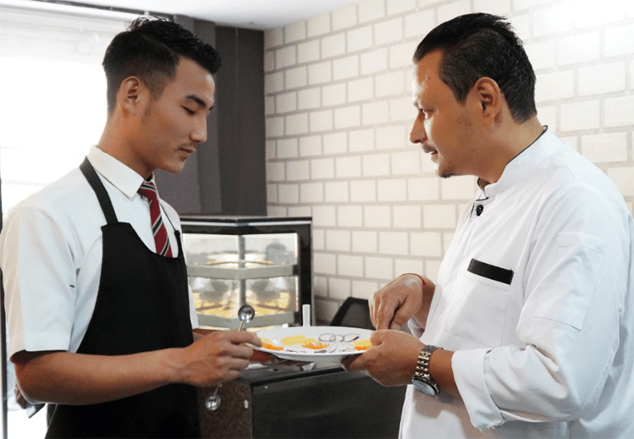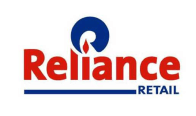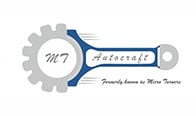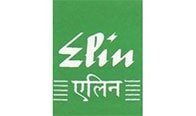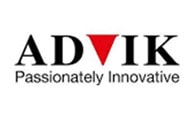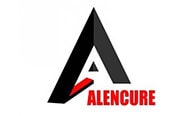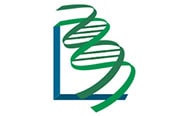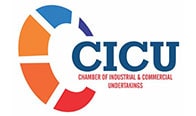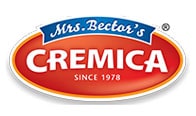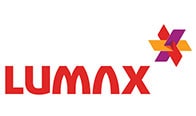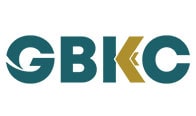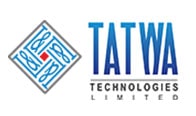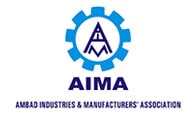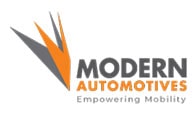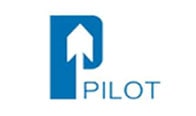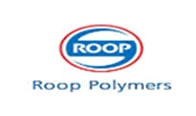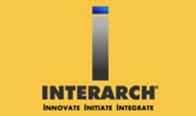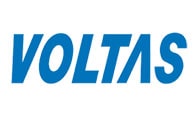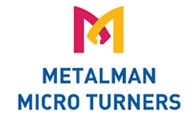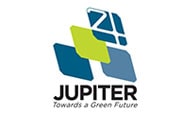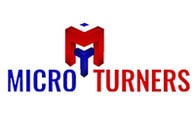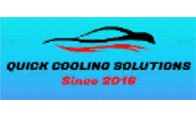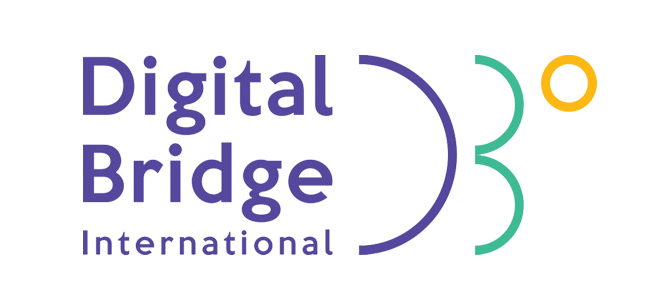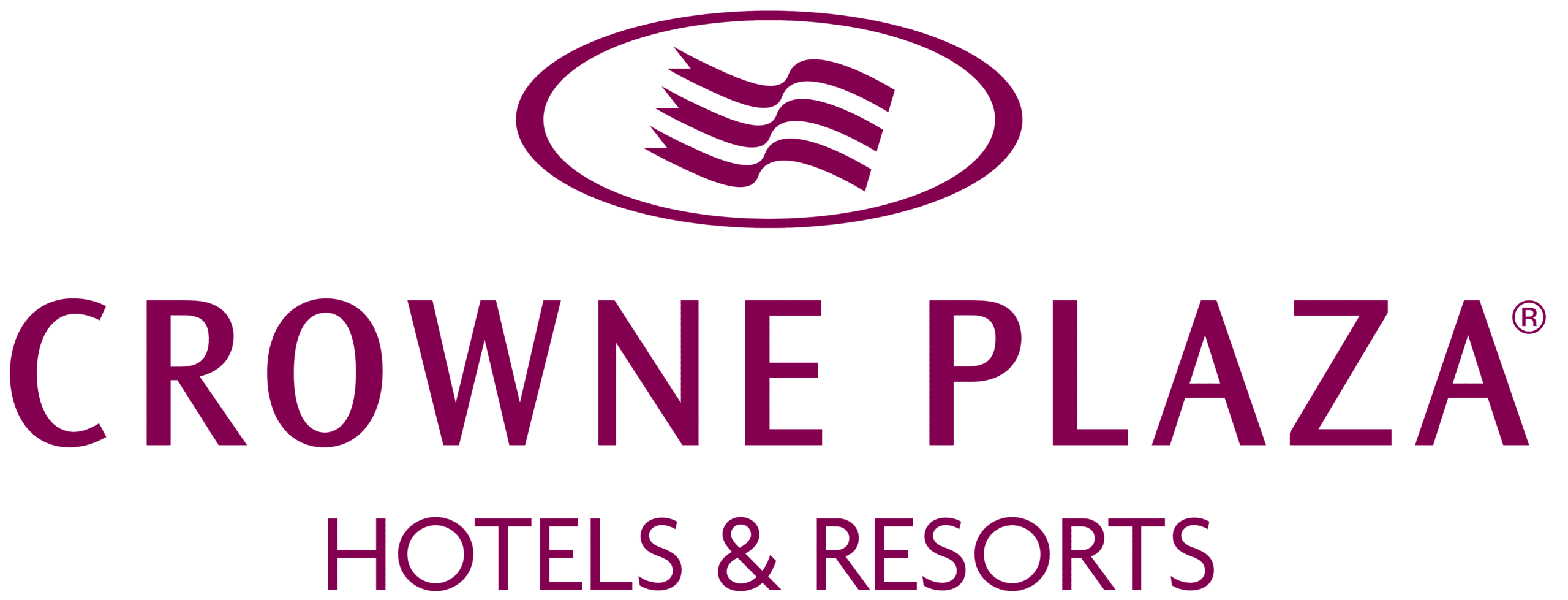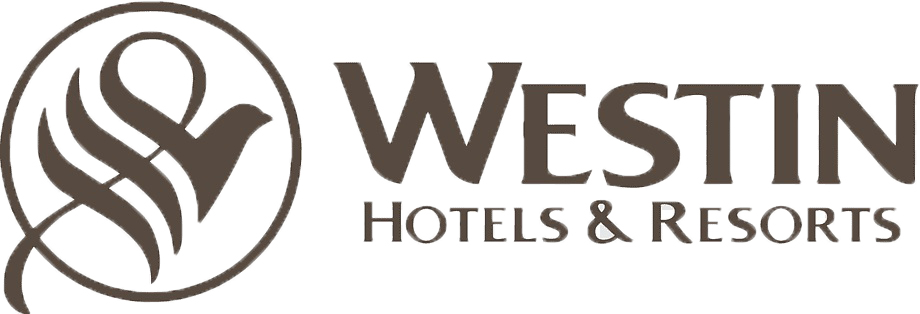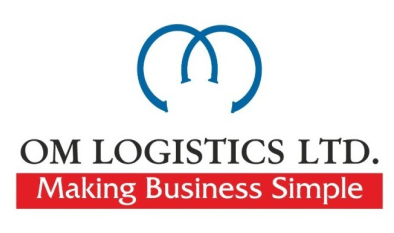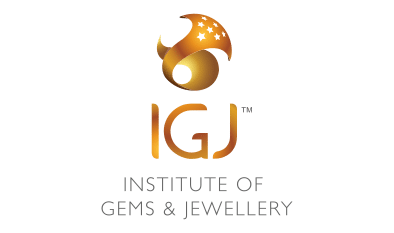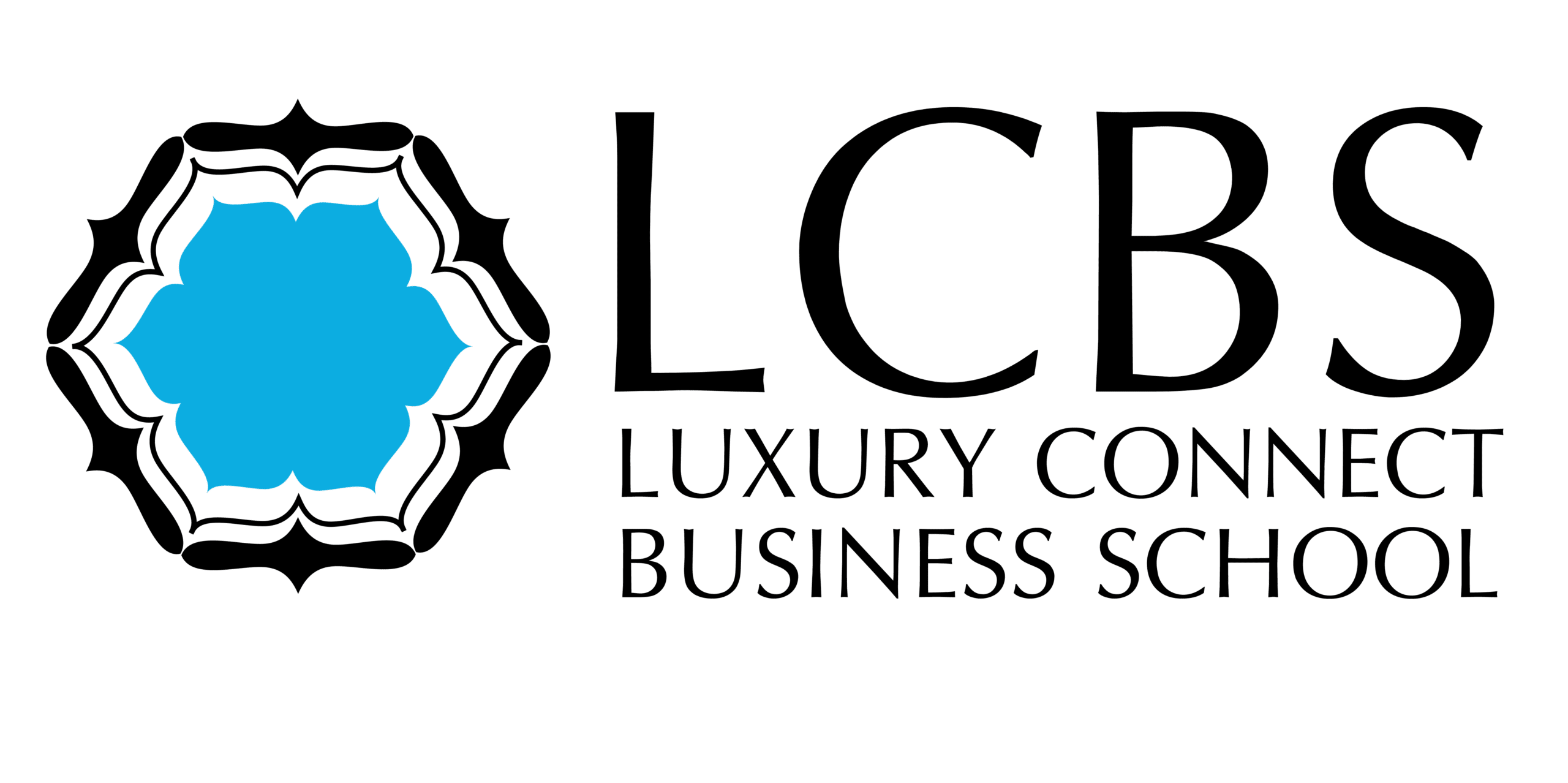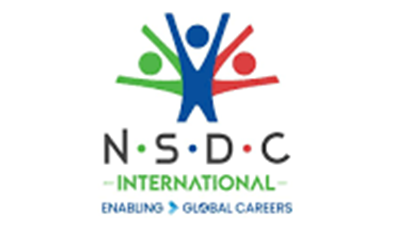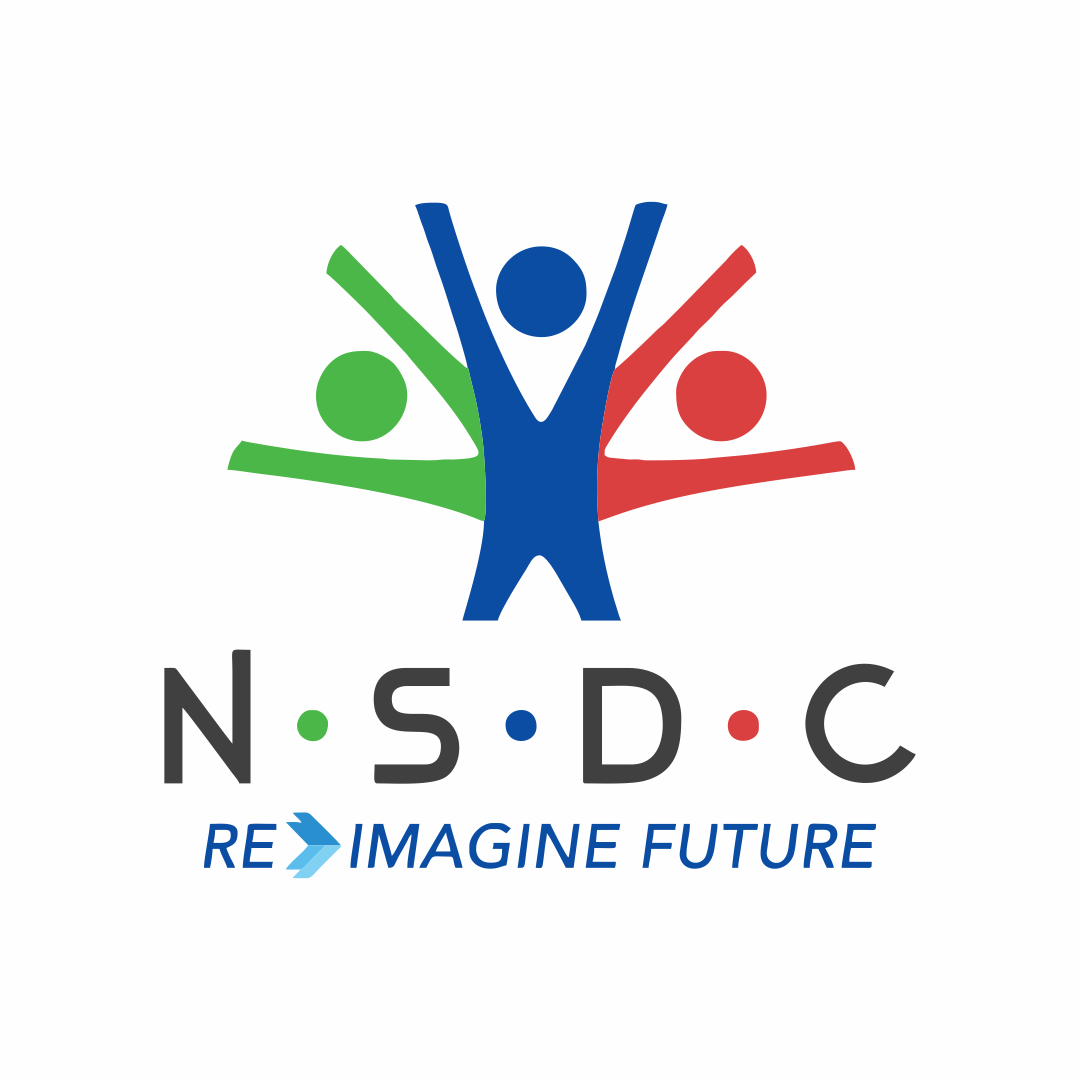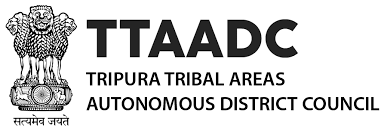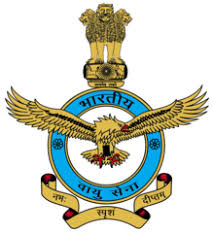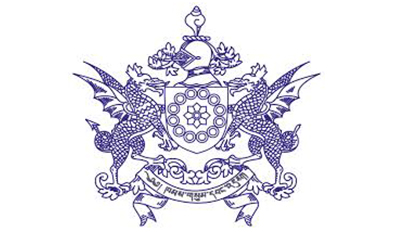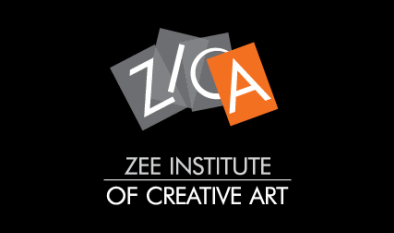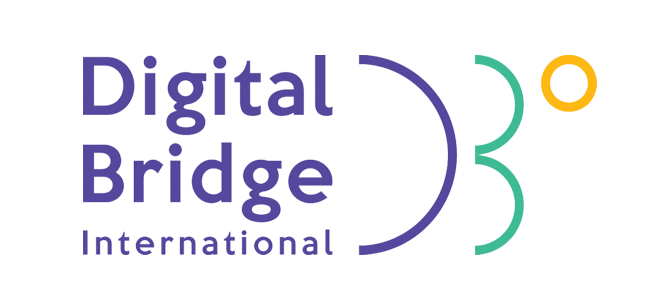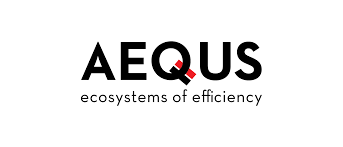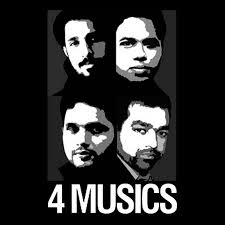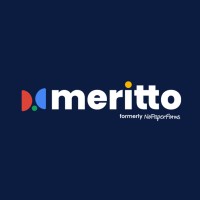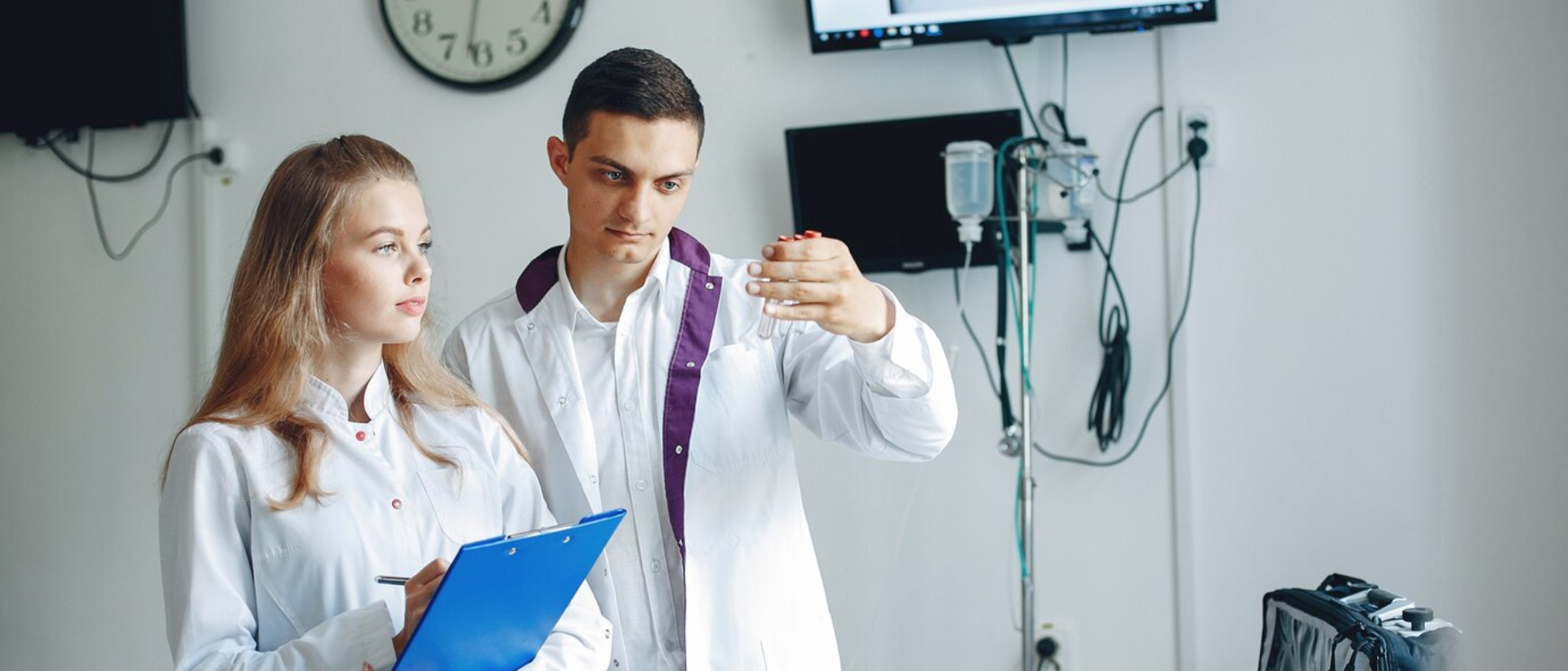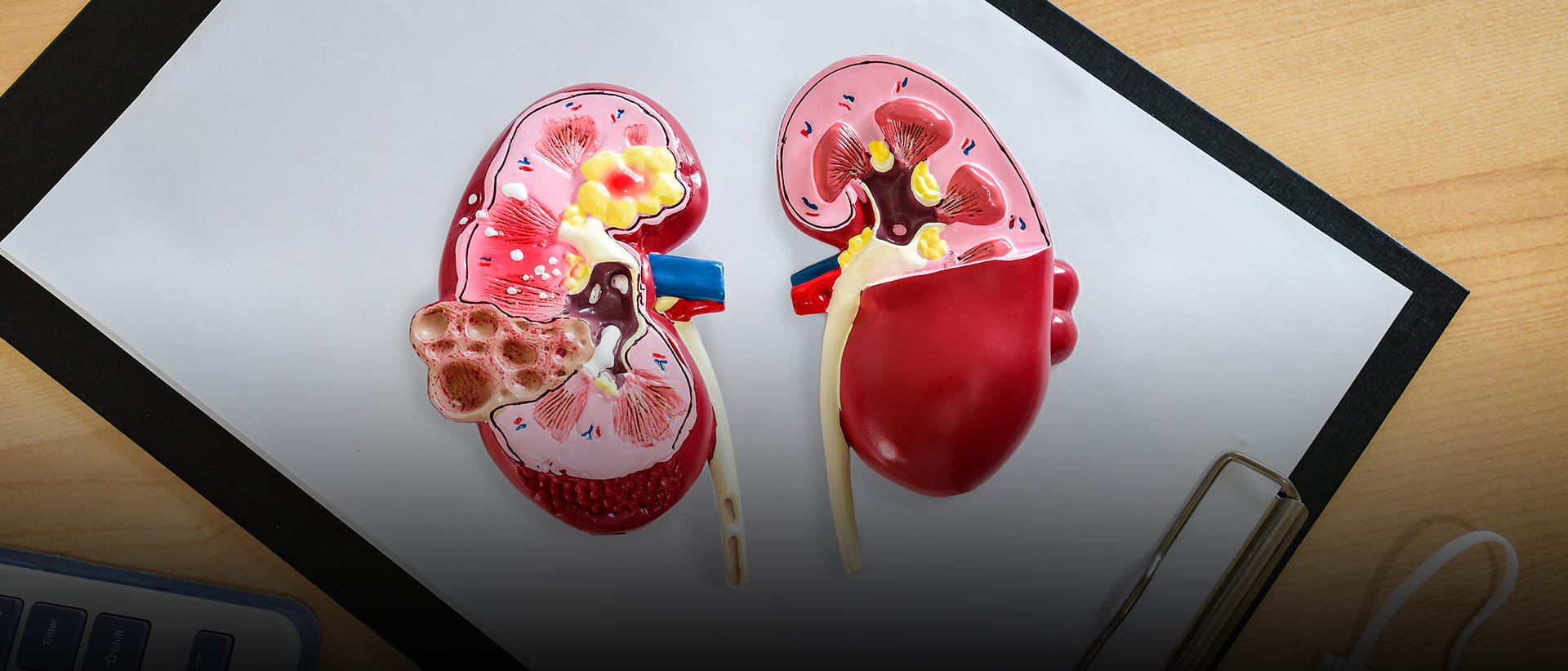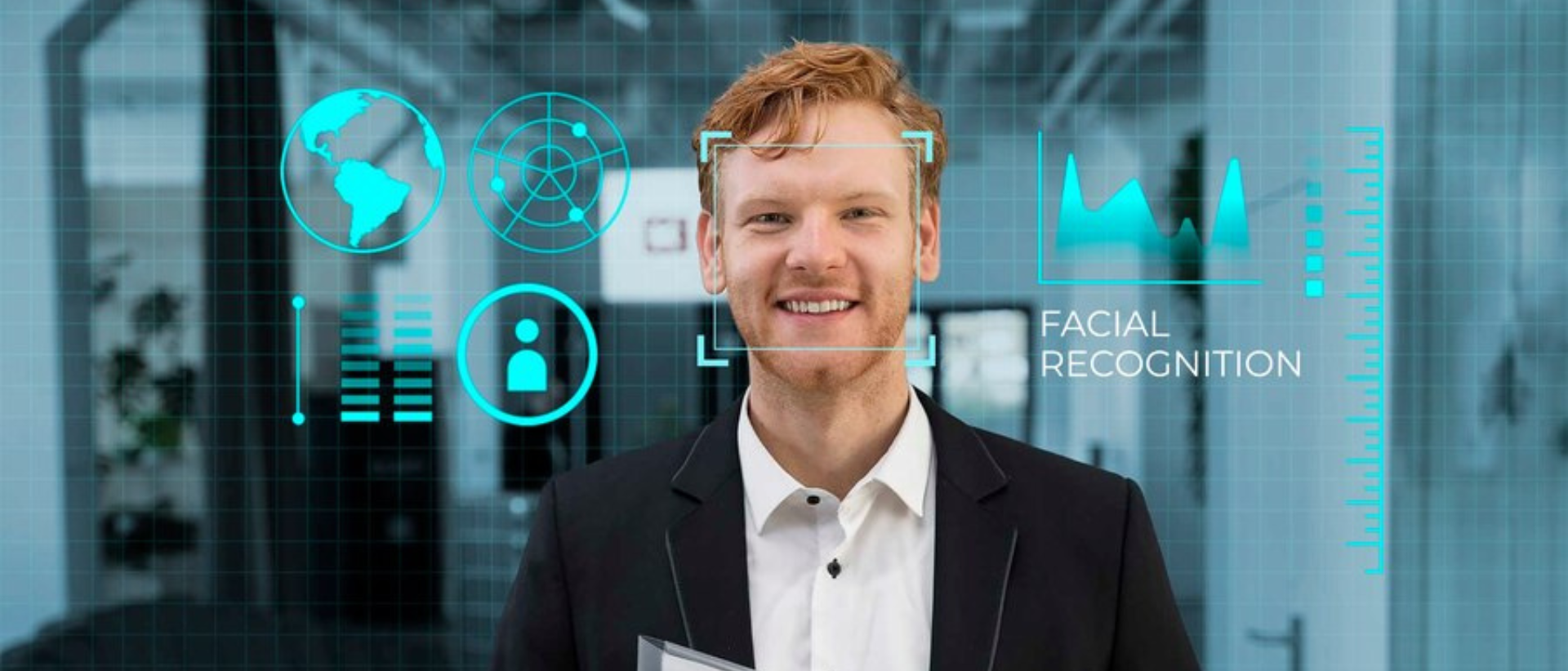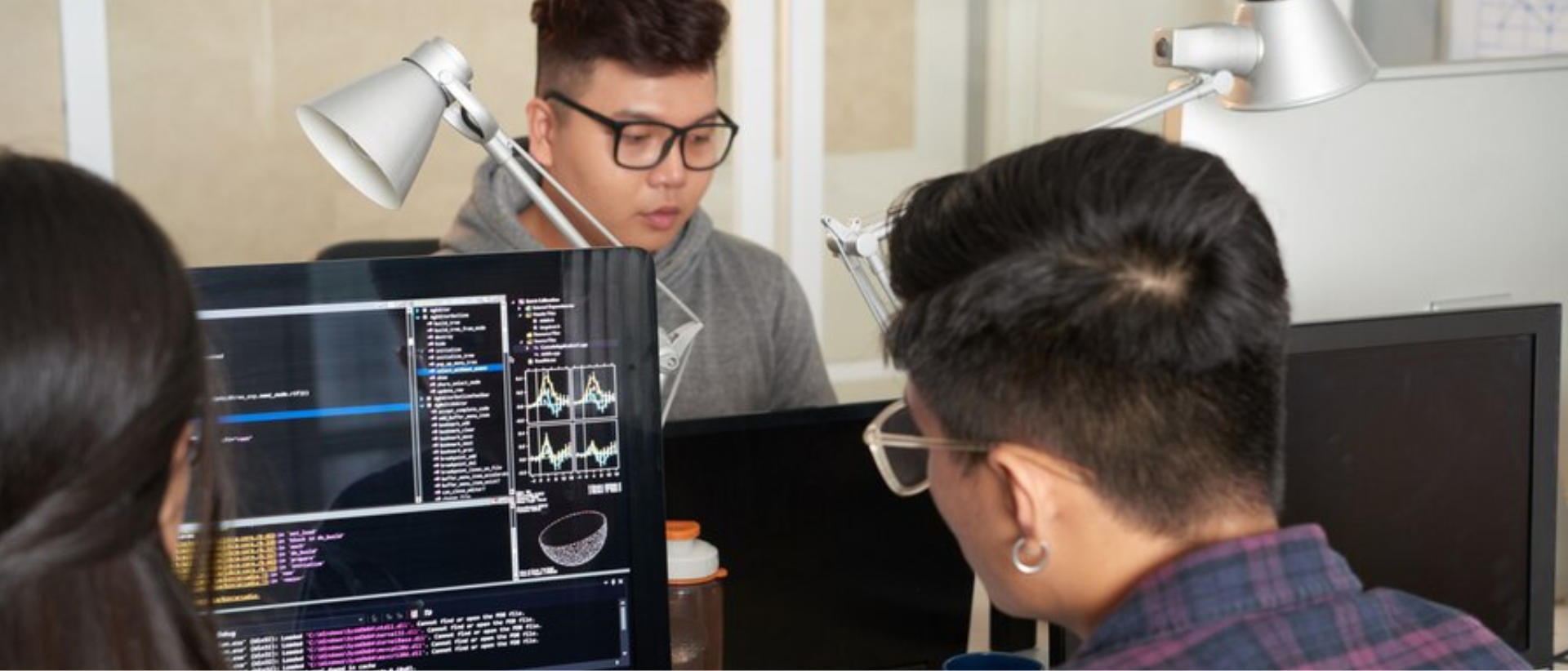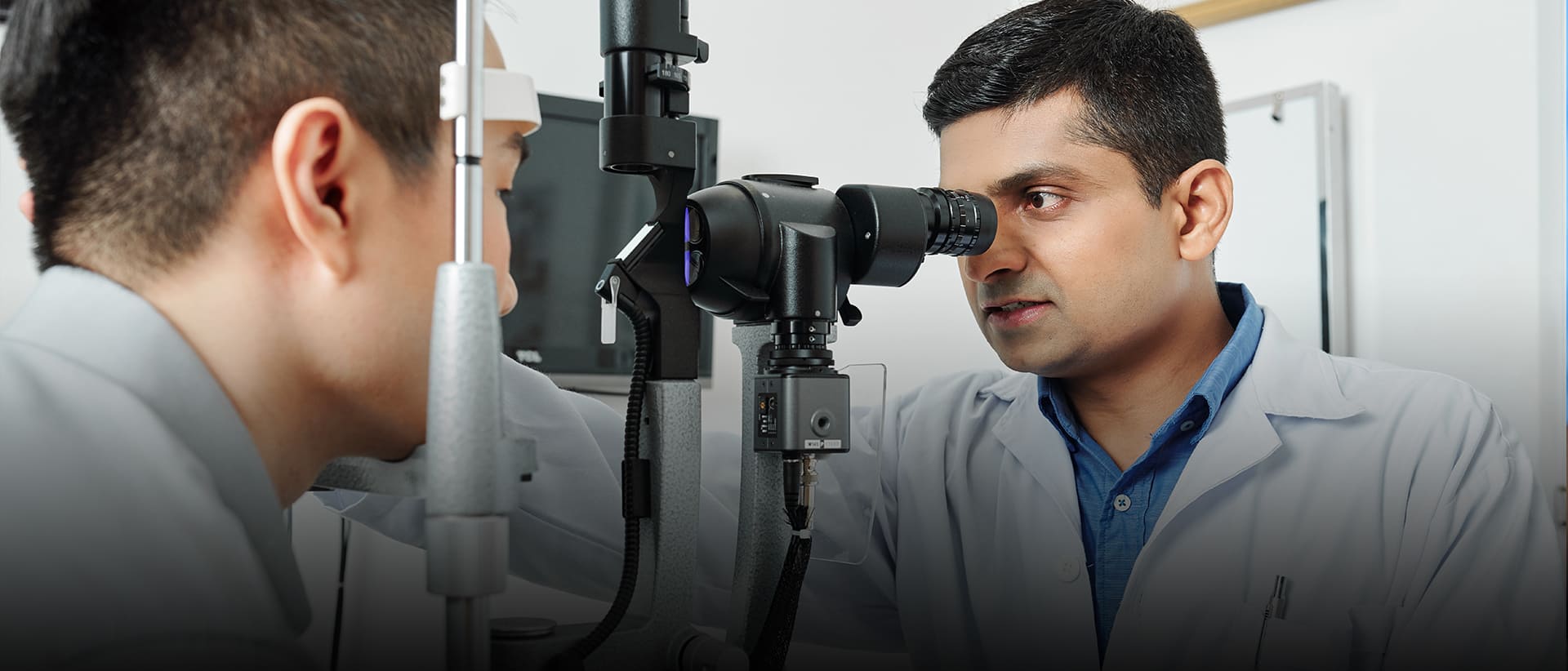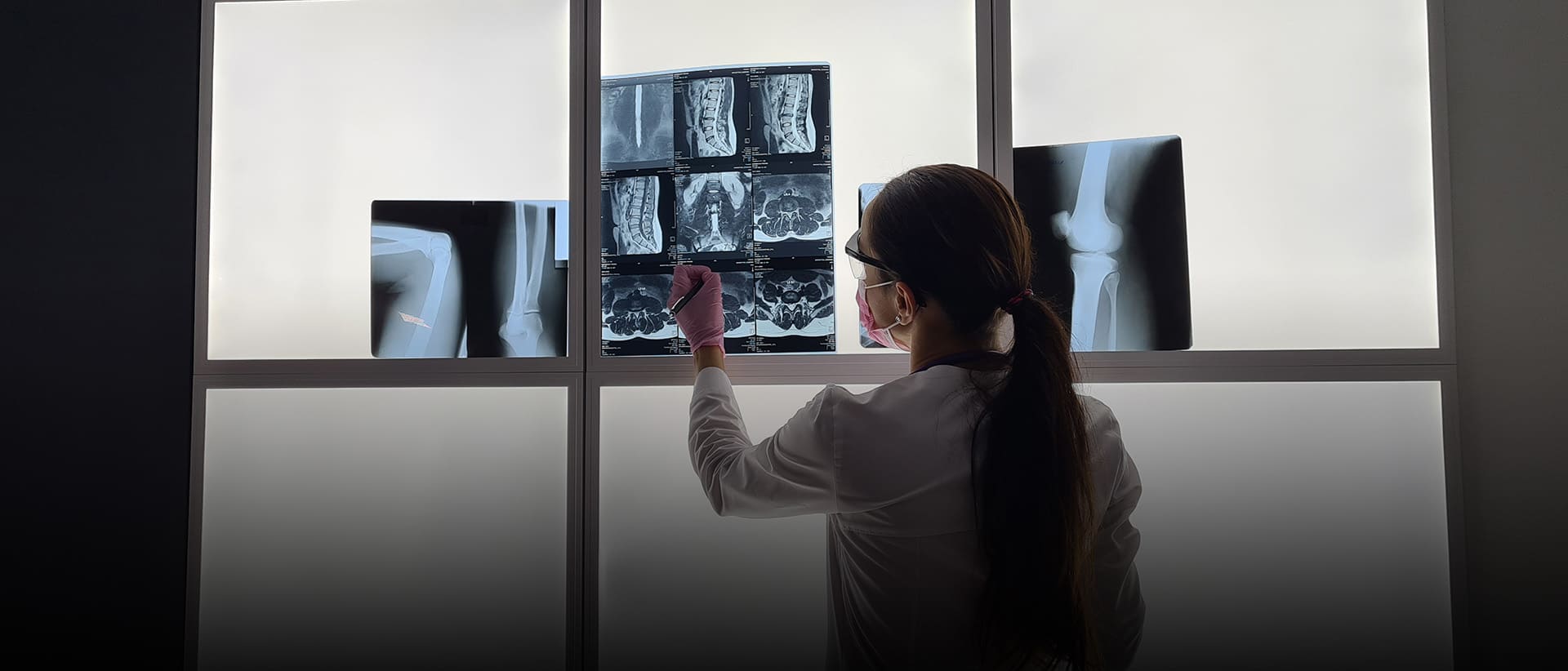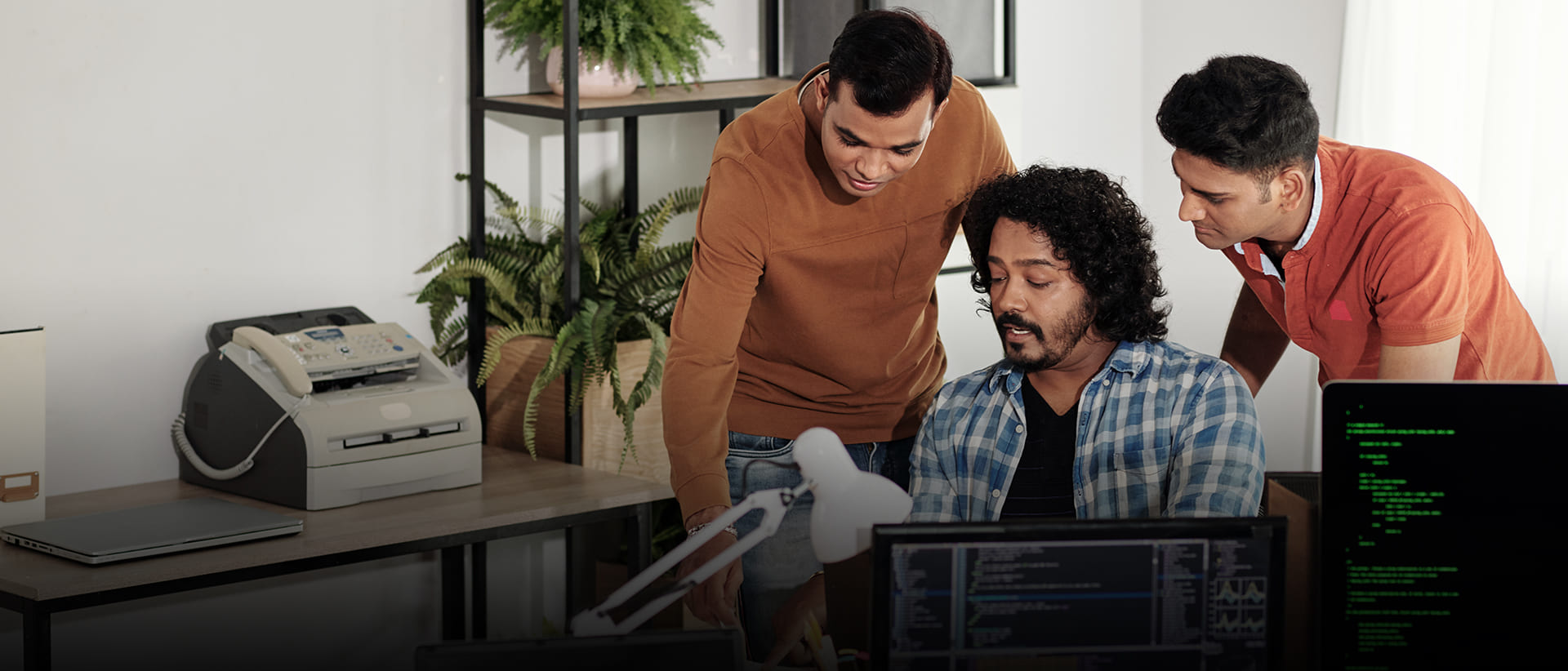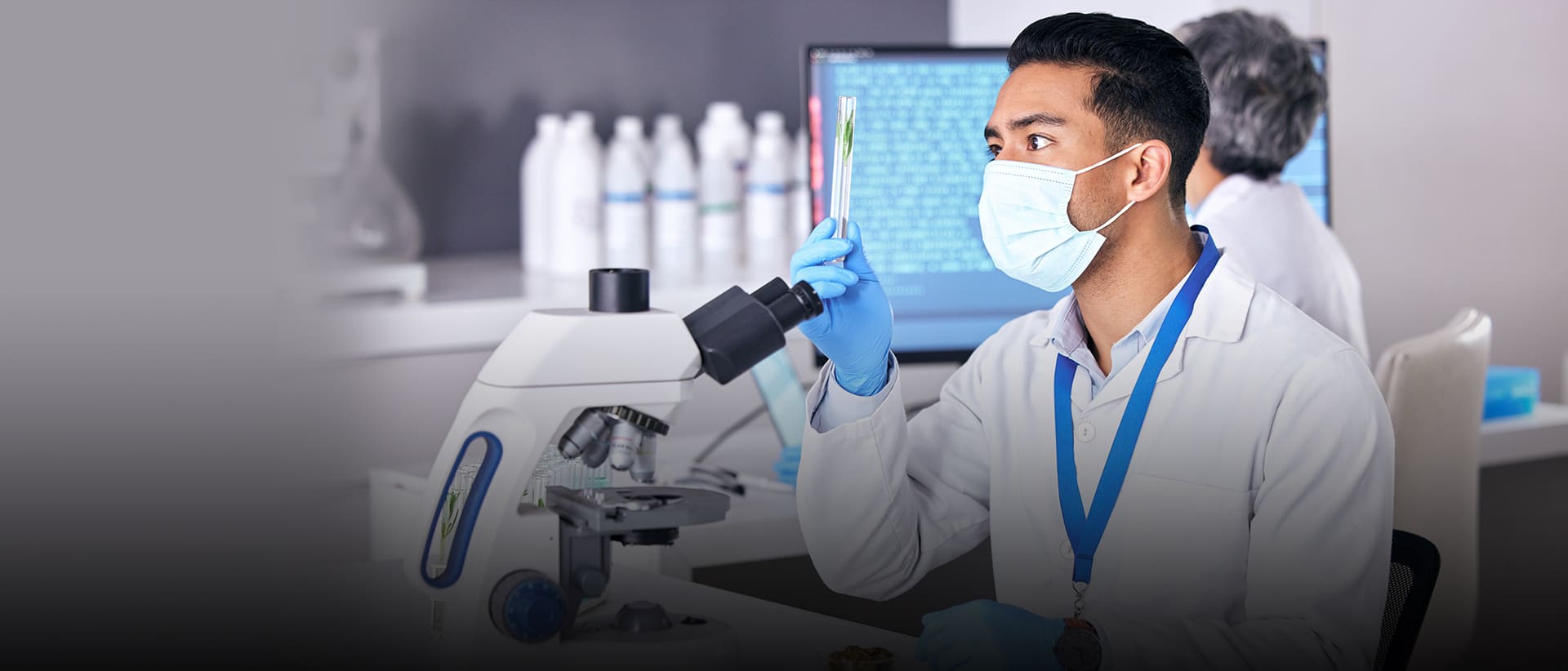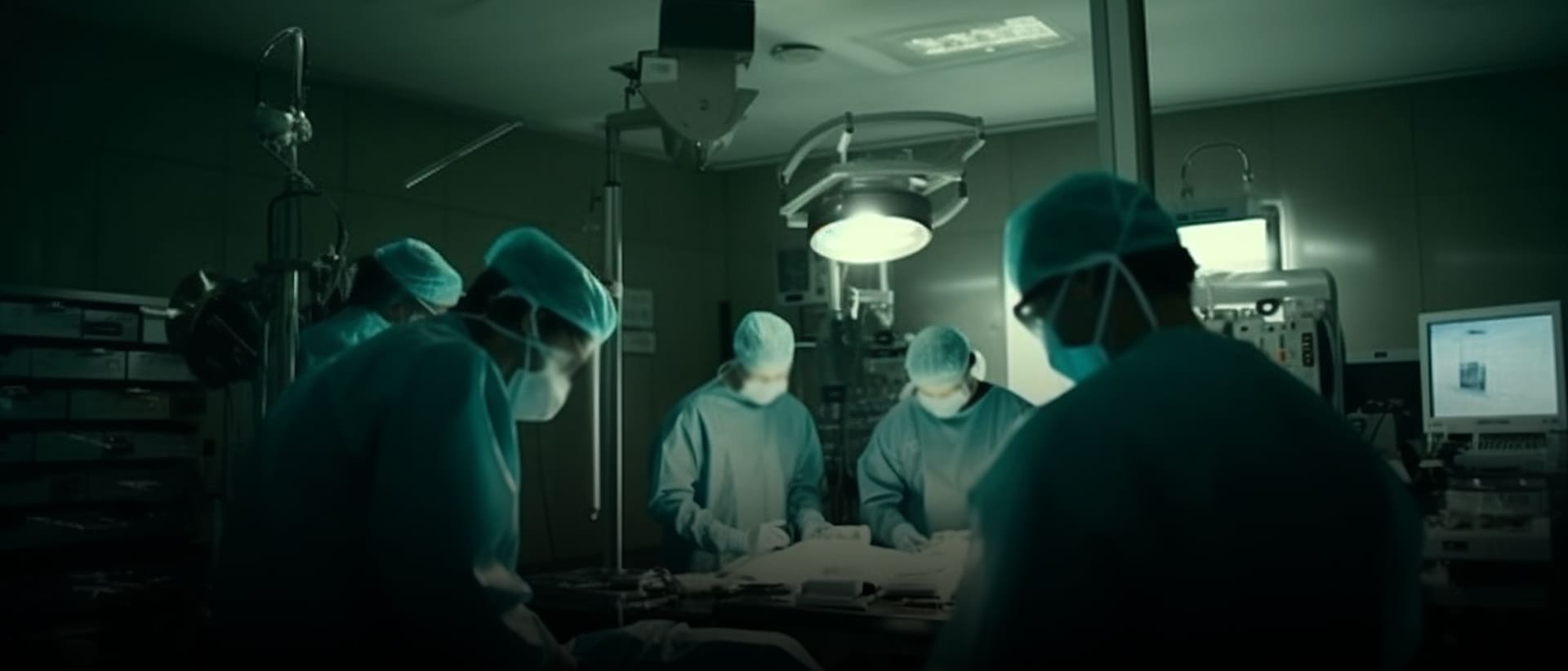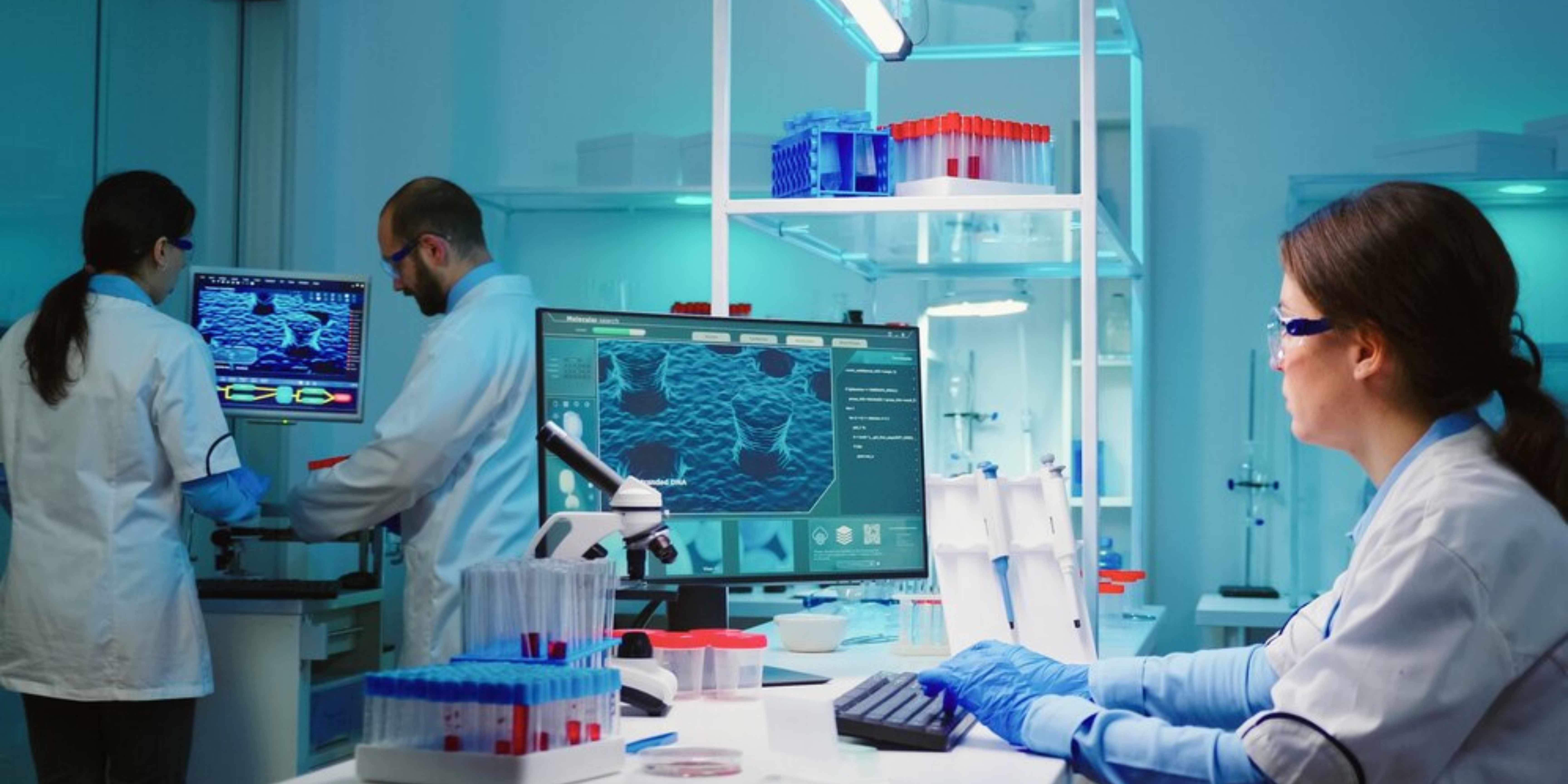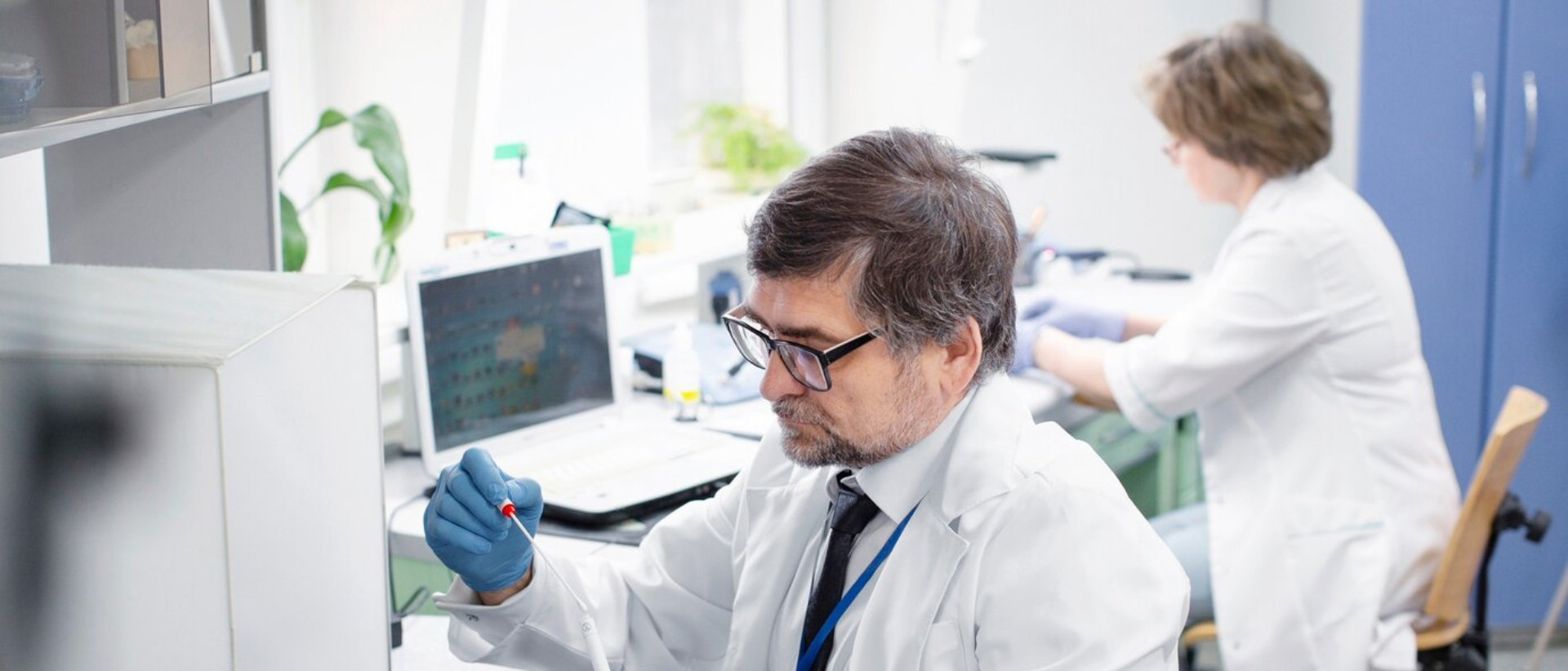Physician Assistants (PAs) are vital members of the healthcare team who work under the supervision of licensed physicians. They are trained to provide diagnostic, therapeutic, and preventive healthcare services, helping to bridge the gap between doctors and patients. Essentially, PAs support physicians in delivering medical care across various specialties, from primary care to surgical settings. They conduct physical exams, diagnose illnesses, order and interpret tests, assist in surgeries, and even prescribe medications, all while prioritizing patient welfare and well-being.
BSc in Physician Assistance is an undergraduate program designed to equip students with the necessary knowledge and skills to become competent and compassionate PAs. Throughout the course, students study a wide range of subjects including anatomy, physiology, pharmacology, medical ethics, and clinical skills. They also undergo practical training through internships and clinical rotations, gaining hands-on experience in various healthcare settings. Upon graduation, a BSC in Physician Assistance opens up numerous career opportunities in hospitals, clinics, urgent care centers, and specialty practices. With the demand for healthcare professionals on the rise, the future for PAs is bright, offering job stability, competitive salaries, and the satisfaction of making a meaningful difference in patients' lives.
*3/3.5d Years
Note: * Duration for Paramedical programs (MLT/RIT/OTT/DT/EMT/OPTOMETRY) may extend by 3 months to 1 Year (Approx) to include Internship/On-the Job Training for the awarding of Degree/Diploma as per the guidelines (if any) from State Allied and Healthcare Council, Sikkim.
10+2 (Science/Any Stream)
Industry Learning
For an accelerating professional career in 21st Century along with Core Skills, the learner should evolve through Self-directed Learning.


Laboratory oriented activities
Acquire hands-on experience using both manual and automation instrument in the laboratory.


On Job learning Experience
Gain valuable on-the-job training while still studying, solving real-world problems and finding practical solutions.


In-house Clinical Exposure
Gain an opportunity to experience a full clinical environment, becoming acquainted with roster systems and patient interaction.


Engaging with Industry Experts
Engaging with industry experts provides invaluable insights and real-world perspectives, enriching the learning experience and preparing students for professional success.


Industry/ Skill Certifications
Validate expertise and proficiency, enhancing employability and credibility in competitive job markets while signaling commitment to continuous learning and professional development.


World Skill Challenge
Showcase the pinnacle of vocational excellence, fostering global collaboration and innovation to advance technical skills and craftsmanship across diverse industries.
For an accelerating professional career in the 21st Century along with Core Skills, the learner should evolve through Self-directed Learning, Self-awareness, Multidisciplinary Problem Solving, Practice of Professional Grade, Digital Comfort, Current Social and Global Dynamics, Employability, and Life Skills. MSU offers an opportunity to customize higher education with a range of specialization/electives.
Foundation Core
A range of compulsory basics of multidisciplinary, professional, general nature customised to match the value and vision of MSU for a robust foundation.
Skill Drill (Elective)
A range of compulsory basics of multidisciplinary, professional, general nature customised to match the value and vision of MSU for a robust foundation.
Minor (Elective)
A range of compulsory basics of multidisciplinary, professional, general nature customised to match the value and vision of MSU for a robust foundation.
Industry Practice
A range of compulsory basics of multidisciplinary, professional, general nature customised to match the value and vision of MSU for a robust foundation.
Major (Elective)
A range of compulsory basics of multidisciplinary, professional, general nature customised to match the value and vision of MSU for a robust foundation.
Capstone Project
A range of compulsory basics of multidisciplinary, professional, general nature customised to match the value and vision of MSU for a robust foundation.
PROGRAMME OUTCOMES
PSO 1:
Demonstrate advanced skills in conducting comprehensive patient assessments, including medical history review, physical examination, and diagnostic test interpretation. They adeptly utilize evidence-based practices to identify and diagnose various medical conditions, contributing to accurate treatment planning and patient care delivery.
PSO 2:
Exhibit strong leadership qualities essential for effective collaboration within multidisciplinary healthcare teams. They communicate proficiently with physicians, nurses, and other healthcare professionals, fostering a cohesive work environment focused on optimizing patient outcomes and enhancing healthcare delivery.
PSO 3:
Demonstrate the highest standards of professionalism, ethics, and integrity in their interactions with patients, colleagues, and the healthcare community, while maintaining patient confidentiality and respecting cultural diversity.
PSO 4:
Demonstrate commitment to lifelong learning and professional development by staying abreast of advancements in medical knowledge, technology, and healthcare policies, and integrating these insights into continuous improvement of patient care practices and outcomes.
PSO 1:
Demonstrate the capability for complex problem-solving.
PSO 2:
Demonstrate the capability for critical thinking.
PSO 3:
Demonstrate the ability for creativity
PSO 4:
Demonstrate the skills that enable them to communicate effectively.
PSO 5:
Demonstrate the capability for analytical reasoning/thinking.
PSO 6:
Demonstrate the ability to coordinate and collaborate with others.
PSO 7:
Demonstrate the capability for leadership readiness
PSO 8:
Demonstrate ‘learning how to learn" skills.
PSO 9:
Demonstrate the capability for digital and technological skills.
PSO 10:
Demonstrate multicultural competence and inclusive spirit.
PSO 11:
Demonstrate the acquisition of knowledge and attitude that are required for value inculcation.
PSO 12:
Demonstrate the ability for autonomy, responsibility, and accountability.
PSO 13:
Demonstrate the acquisition of and ability to apply the knowledge, skills, attitudes, and values required to take appropriate actions for environmental awareness and action.
PSO 14:
Demonstrate the capability to participate in community-engaged services/ activities for promoting the well-being of society.
PSO 15:
Demonstrate the ability to identify with or understand the perspective, experiences, or points of view of another individual or group, and to identify and understand other people’s emotions.








